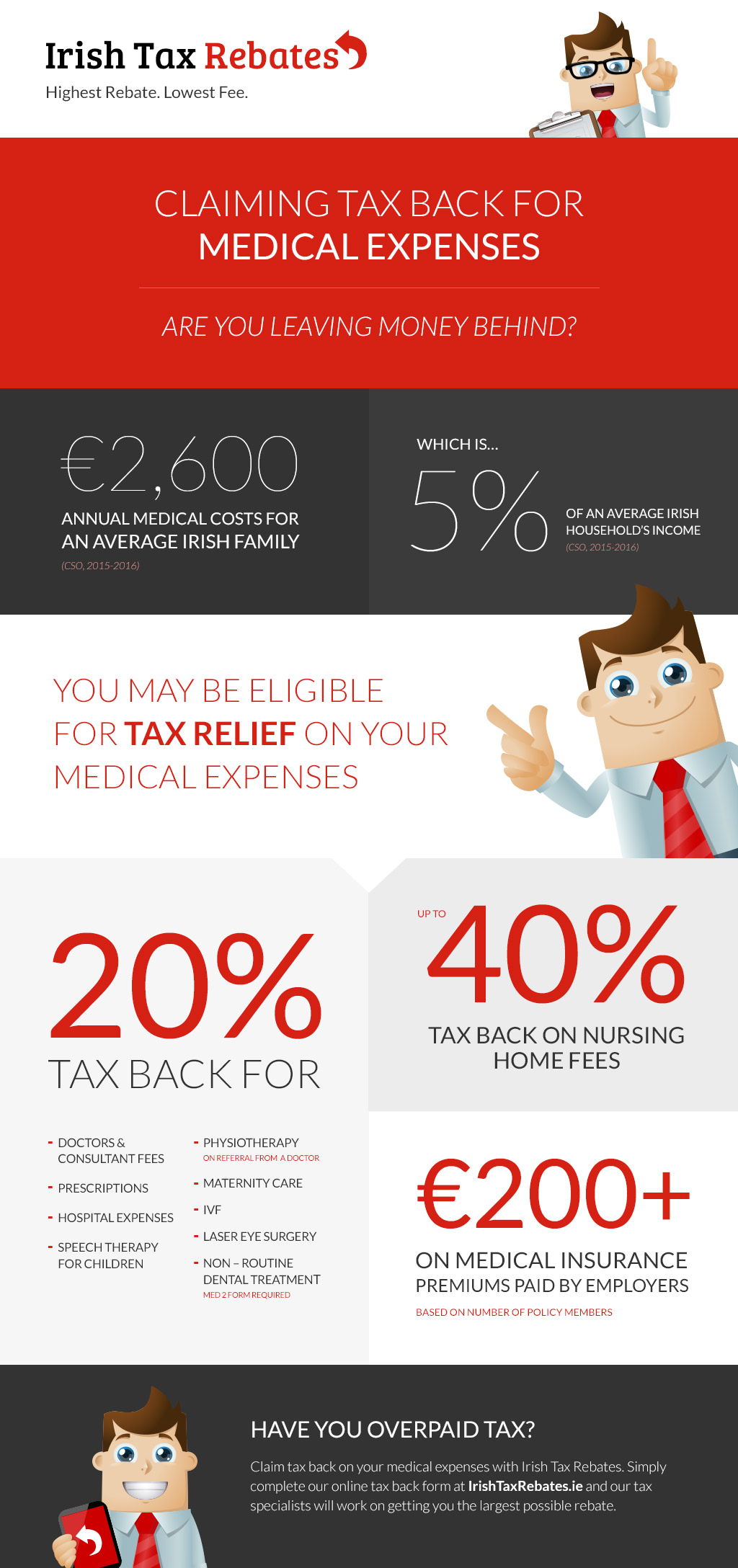Considering SMILE Surgical Treatment? Discover Substantial Considerations And Understandings To Sustain You In Making A Smart Selection About Your Vision Ahead
Considering SMILE Surgical Treatment? Discover Substantial Considerations And Understandings To Sustain You In Making A Smart Selection About Your Vision Ahead
Blog Article
Web Content By-Frederiksen Bilde
If you're contemplating SMILE eye surgery, consider this: are you prepared to welcome prospective visual flexibility, or does the idea of any dangers make you be reluctant? Your choice will depend upon a mindful balance of considering the benefits against the unpredictabilities. It's crucial to dive deeper into the subtleties of SMILE surgical treatment to make an enlightened choice that straightens with your visual objectives.
Understanding SMILE Eye Surgery
When considering SMILE Eye Surgery, it is essential to recognize the procedure and its benefits. SMILE, which represents Little Laceration Lenticule Extraction, is a minimally invasive laser eye surgical procedure that corrects typical vision troubles like nearsightedness (nearsightedness).
Throughout the procedure, your eye doctor will certainly use a femtosecond laser to create a little cut in your cornea. With this cut, a small disc of tissue called a lenticule is gotten rid of, reshaping the cornea and fixing your vision.
One of the key advantages of SMILE Eye Surgical procedure is its quick recovery time. Many clients experience boosted vision within a day or 2 after the procedure, with very little discomfort.
Furthermore, SMILE is understood for its high success price in offering long-term vision improvement. Unlike LASIK, SMILE does not call for the development of a flap in the cornea, lowering the threat of problems and enabling a more stable corneal framework post-surgery.
Comprehending the treatment and its benefits is crucial when taking into consideration SMILE Eye Surgical treatment for vision modification.
Benefits and drawbacks of SMILE
Taking Into Consideration SMILE Eye Surgical procedure for vision correction comes with different benefits and potential drawbacks.
One of the main pros of SMILE is its minimally invasive nature, as it entails a little cut and commonly results in quick recuperation times. The treatment is likewise understood for causing very little discomfort and completely dry eye signs post-surgery compared to various other vision adjustment methods. In addition, SMILE has been shown to provide excellent visual end results, with several people attaining 20/20 vision or far better.
On https://ktar.com/story/874819/5-types-of-technology-for-correcting-your-vision/ , a possible con of SMILE is that it might not be suitable for people with extreme refractive mistakes, as the therapy array is rather minimal contrasted to LASIK. An additional consideration is that the discovering curve for surgeons carrying out SMILE can influence the schedule of experienced carriers in certain locations.
It is very important to weigh these benefits and drawbacks meticulously when choosing if SMILE is the best choice for your vision correction needs.
Establishing Qualification for SMILE
To figure out if you're qualified for SMILE eye surgical treatment, your ophthalmologist will conduct a comprehensive examination of your eye health and vision requirements. During this examination, elements such as the security of your vision prescription, the density of your cornea, and the overall health of your eyes will be evaluated.
Normally, candidates for SMILE are over 22 years of ages, have a steady vision prescription for at the very least a year, and have healthy and balanced corneas without conditions like keratoconus.
Your optometrist will also consider your total eye wellness, any kind of existing eye problems, and your lifestyle requires to determine if SMILE is the ideal selection for you. It's essential to interact any kind of particular aesthetic demands or issues you might have during this evaluation to ensure that the therapy aligns with your assumptions.
If you aren't eligible for SMILE, your ophthalmologist might recommend alternate vision improvement choices that much better fit your specific requirements and eye health status.
Conclusion
Inevitably, determining whether SMILE eye surgical procedure is right for you requires mindful consideration of your private eye health and visual demands. click the up coming web page from your ophthalmologist to identify your qualification for the procedure and consider the prospective advantages and downsides. Keep in mind to communicate any type of problems or inquiries you might have during the analysis process to make an enlightened choice about your vision correction choices.
